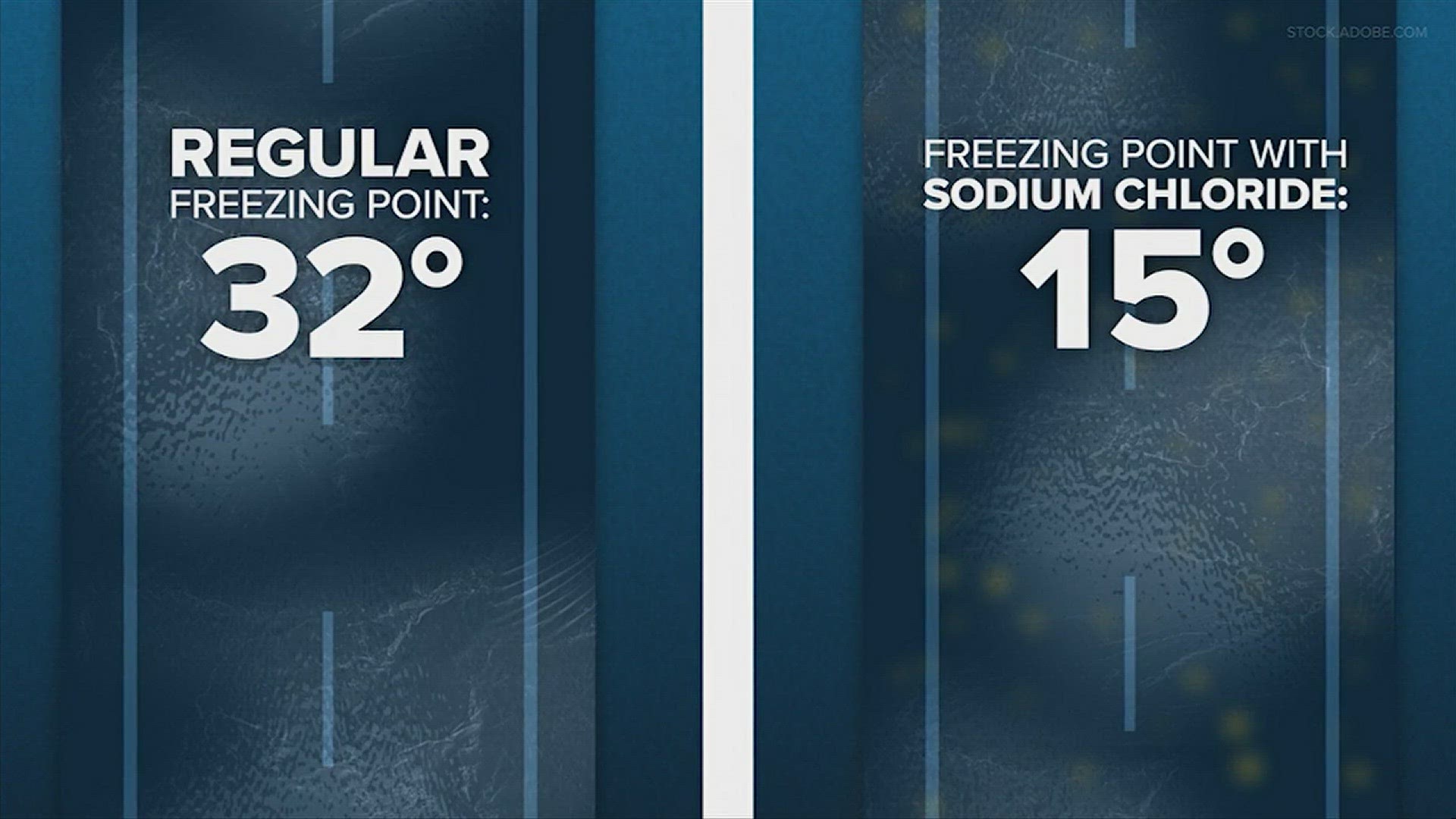GUNTERSVILLE, Ala. — As part of the Tennessee Valley Authority’s ongoing effort to manage invasive aquatic plants, a collaboration between the agency’s Natural Resources Management Team and the River Forecast Center (RFC) led to a decision to lower the reservoir levels on Wheeler and Guntersville Reservoirs to coincide with this week’s cold front.
“The lower water levels exposed aquatic vegetation growth areas and the freezing temperatures cause the plants to freeze, impacting the growth cells and altering the germination cycle,” David Brewster, TVA Natural Resource Management – West Operations manager, said. “This action will help reduce or delay the growth of aquatic vegetation in the spring.”
Most of the species within the drawdown zone are subtropical species, including Water Hyacinths and Azolla (Water Fern), and highly susceptible to freezing temperatures and dying because of the prolonged exposure. Submerged vegetation such as Hydrilla, Eelgrass, Water Milfoil that are exposed during the drawdown are also susceptible to freezing.
In the past, the Aquatic Plant Management Team has worked with the RFC to manipulate the water level on specific reservoirs for the purpose of aquatic plant reduction with good results. During the drawdown, reservoir levels remained within the operating range and will return to normal winter levels by Friday.
SMART WINTER LIVING: Keeping comfy - and staying safe - in plunging temps and arctic conditions
KNOWLEDGE IS POWER: TVA, Decatur Utilities share ways to conserve energy during winter weather

